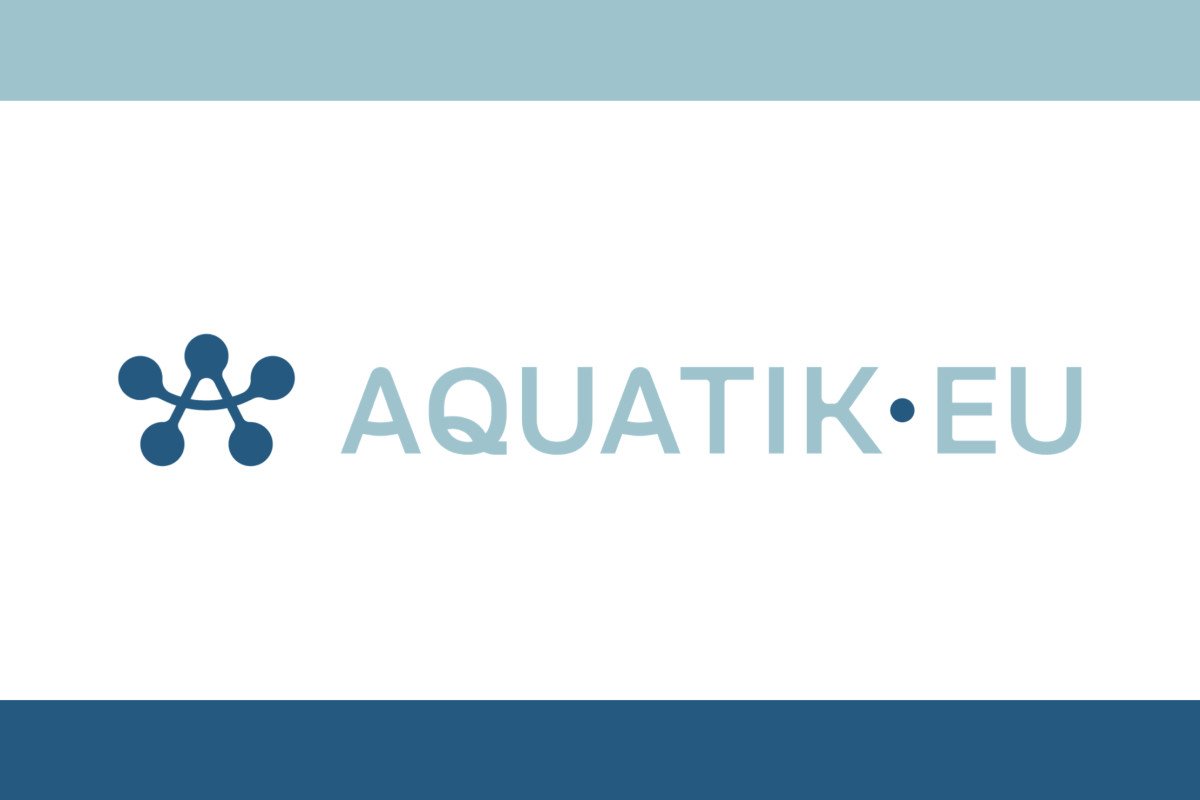
WAMU-NET is pleased to announce the publication of the Toolkit on “Heritage Mapping and Community Engagement for Water Sustainability Education”, developed within the EU-funded AQUATIK-EU project, which focuses on different methodologies and strategies aimed at raising awareness about water heritage.
The toolkit brings together seven innovative methodologies designed to promote and enhance water heritages. These approaches vary widely—depending on the type of water body, the stakeholders involved, the goals pursued, and the resources available—yet they share a common aim: to strengthen the relationship between communities and their waterscapes, while recognizing the knowledge and perspectives of those who live with and around water.
Organized in two main sections, the toolkit covers:
- Mapping and Digitizing Water Heritage – featuring approaches such as heritage mapping and digital tours
- Community Engagement – showcasing participatory practices for valuing and co-managing water heritage
The toolkit can be downloaded here.
Each methodology includes an overview of its application in specific contexts, along with practical tips and resources to support adaptation and implementation elsewhere.
Some of the proposed methodologies intersect, others complement one another, and many can be combined in creative ways. Rather than prescribing fixed formulas, the toolkit offers flexible starting points aimed at inspiring groups to adapt and innovate according to their local needs.
The seven contributions featured are:
Part 1 - Mapping and Digitizing Water Heritage
1. World Inventory of Water Museums: Toward an Inclusive Setting of Water-Related Institutions, Communities and Sites – Eriberto Eulisse, Global Network of Water Museums, Italy
2. Capturing Water, Heritage and Culture through Mapping and Participatory Engagement – Matteo d’Agostino, TU Delft, the Netherlands
3. How to Build Digital Tours: Promoting Our Common Water Heritage – Lucio Bonato, Global Network of Water Museums, Italy
Part 2 - Community Involvement in Valuing and Co-Managing Water Heritage
4. Community Participation at the Heart of Eco-Museums – Edo Bricchetti, Università Bocconi and Politecnico di Milano, Italy
5. Enhancing Human–Aquatic Heritage Relationships through Urban River Engagement Methodology – Yixin Cao, Institut Terre et Environnement de Strasbourg (ITES), France
6. Felt Experiences of Place: Co-Production through Public Programmes – Lucrezia Gigante, University of Glasgow, United Kingdom
7. Douiret-Sbâa: A Hidden Ecomuseum in Plain Sight – Case Example – Vladimiro Andrea Boselli, Consiglio Nazionale delle Ricerche (CNR), Italy
These methodologies were first presented during the Training of Trainers “Water Heritage and Communities: Enhancing the Cultural and Social Value of Water”, held in Venice at the Cotonificio IUAV on 17–18 June 2025.
The EU-funded AQUATIK-EU Project, led by ALDA – European Association for Local Democracy, aims to empower local communities and authorities to rediscover, protect, and revitalize Europe’s inland and lesser-known aquatic heritage. Through workshops, capacity-building, and training activities, the project pursues three main objectives: (1) to strengthen capacity by improving water management tools and expertise in European municipalities while fostering citizens’ and communities’ sense of responsibility toward water resources; (2) to enhance governance by creating participatory spaces for dialogue among local authorities, stakeholders, civil society, and citizens on water preservation and valorization; and (3) to promote culture by encouraging mutual understanding and a shared European identity that recognizes water as a vital element of our common heritage.
The project AQUATIK-EU is funded by the CERV programme and includes a consortium led by ALDA and composed by the Global Network of Water Museums (WAMU-NET), Paese dell’acqua (IT), Comune di Sassinoro (IT), Municipality of Souli (GR), Fons Mallorquí de Solidaritat i Cooperació, Ayuntamiento de Alaró (SP), LDA Mostar (BH), Grad Mostar (BH), Geoclube – Associação juvenil de ciência natureza e Aventura (PT), and Município de Gondomar (PT).
